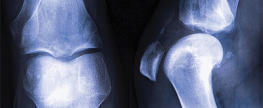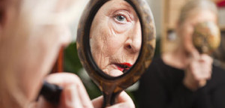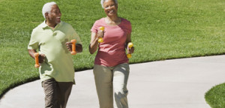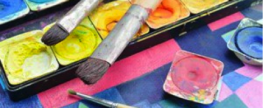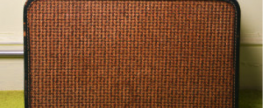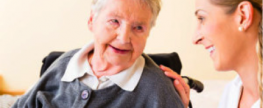
Here are five tips to make the transition less traumatic for your parents For most people, moving from one home to another is exhausting. Even when we get help with packing and transporting our possessions, moving means changing countless aspects of our everyday lives — from making a new place for the silverware to potentially finding new friends. And it can mean saying goodbye to memories we’ve made over the course of years. Older adults often have a much harder time with the transition. For your parents, moving can go from merely taxing to highly traumatic. That’s when it becomes transfer trauma, also known more broadly as relocation stress syndrome. “You’re literally transitioning to a completely different phase of life, to a completely different environment,” says Tach Branch-Dogans, president and CEO of Moving Memories and Mementos of Dallas, Texas, who spoke at the Aging in America 2015 [www.asaging.org/aia] conference of the American Society on Aging [www.asaging.org] I just attended. That’s true whether a person is voluntarily downsizing or being moved into a nursing home, she says. Symptoms of Transfer Trauma Moving can result in a host of physical and psychological changes, including loss of sleep, agitation, depression, withdrawal, short-term memory loss, irritable bowel syndrome, loss of appetite and nausea, Branch-Dogans says. Tracy Greene Mintz, a Licensed Clinical Social Worker in Redondo Beach, Calif., who has worked and lectured extensively in the area of relocation stress syndrome, says loss of control is at the core of transfer trauma. “This week you’re going to be at home living independently; next week you’re going to be in assisted living. The abruptness with which we move older people … is very damaging psychosocially and emotionally because it strips the older adult of control,”...
